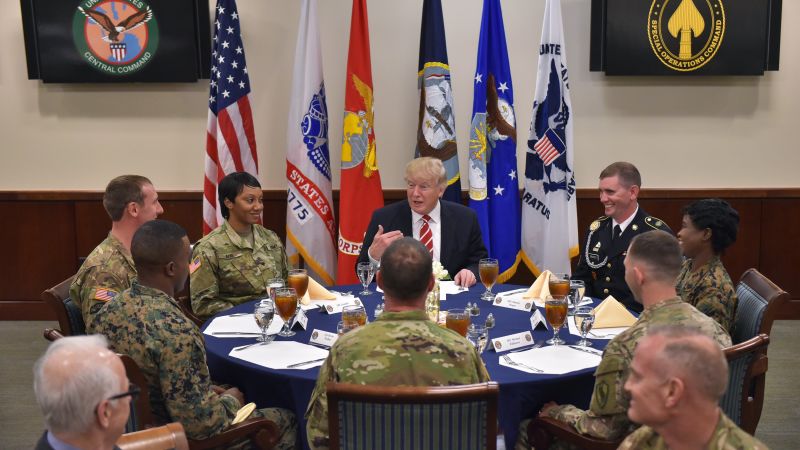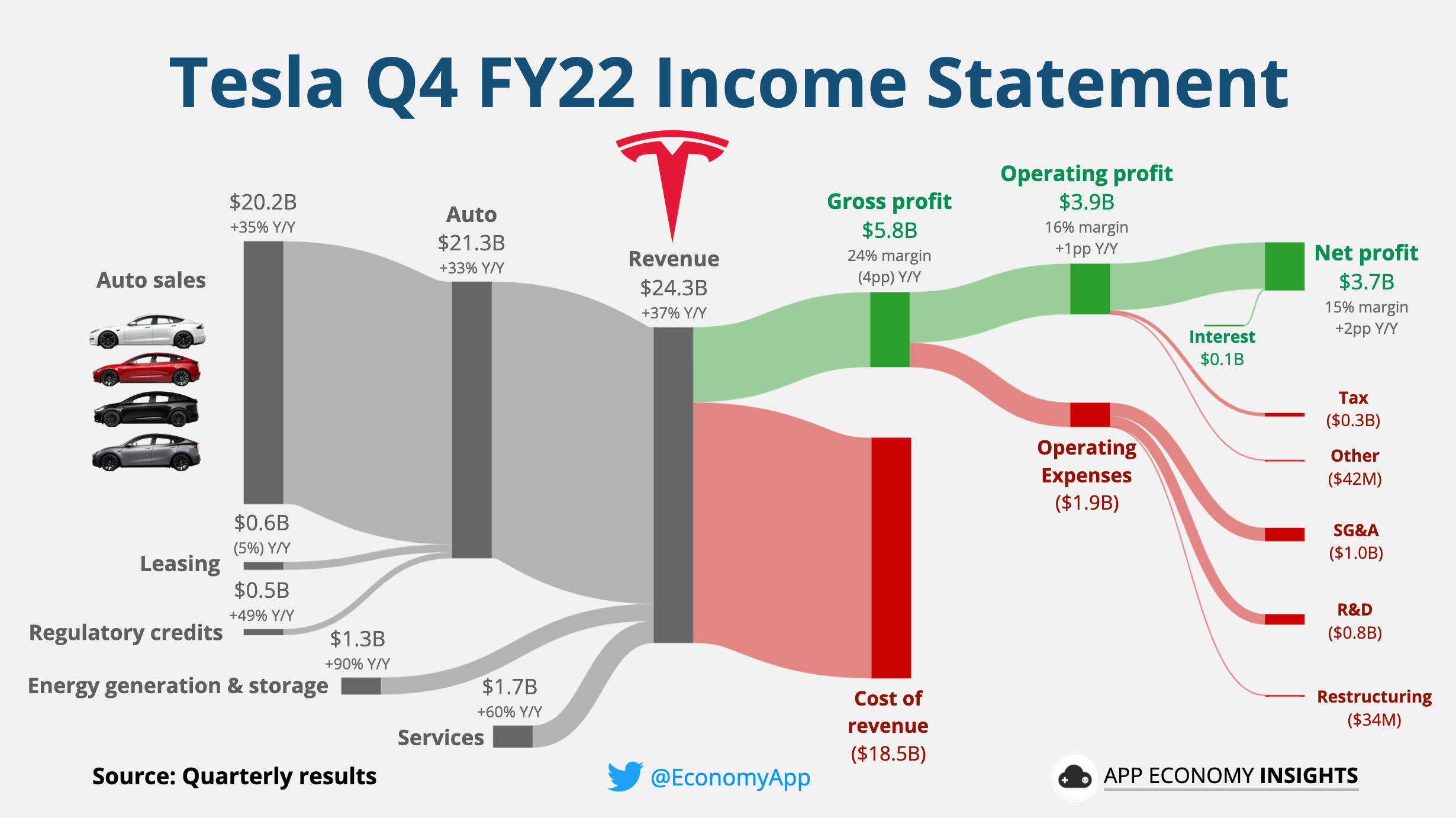US Military Academies Facing Book Purge: Pentagon Orders Content Review

Table of Contents
The Scope of the Pentagon's Review
The scale of the Pentagon's review is considerable, encompassing a wide range of educational resources at the nation's prestigious military academies. This sweeping initiative impacts the curriculum and library holdings at several key institutions.
- Specific academies involved: The review explicitly targets the United States Military Academy (West Point), the United States Naval Academy (Annapolis), and the United States Air Force Academy. While not yet publicly confirmed, there are concerns that the review may extend to other military institutions and training facilities.
- Types of materials under scrutiny: The review's scope extends beyond textbooks to encompass a broad range of materials, including library books, supplementary readings, and even online resources used in military education. This wide net casts doubt on the specific criteria used for selection.
- Geographic reach of the review: Although primarily focused on the aforementioned academies, concerns are emerging about a potential expansion of the review to other military bases and installations. The implications for military-wide education and training remain to be seen.
- Involvement of specific branches: While all three major service academies are involved, the exact level of involvement and decision-making from each branch of the military (Army, Navy, Air Force) remains unclear, leading to speculation about differing priorities and approaches.
Concerns Regarding Censorship and Academic Freedom
Critics have voiced strong concerns about the potential for censorship and the stifling of academic freedom in the wake of the Pentagon's review. The process raises significant questions about intellectual discourse and the pursuit of diverse perspectives within military education.
- Removal of diverse viewpoints: A primary concern is the potential removal of books and materials offering diverse viewpoints on race, gender, politics, and other sensitive topics. This selective removal could create a homogenous and potentially biased learning environment.
- Chilling effect on faculty and students: The review may create a chilling effect, discouraging faculty from assigning controversial readings and deterring students from exploring complex issues crucial for critical thinking and leadership development.
- Impact on critical thinking: Restricting access to diverse viewpoints could severely limit the cadets' exposure to different perspectives, hindering the development of critical thinking skills essential for effective military leadership in a complex global environment.
- Specific examples: While specific titles haven't been widely publicized, concerns exist that books addressing Critical Race Theory or other politically charged subjects could be targeted for removal. This lack of transparency further fuels anxieties regarding censorship.
The Pentagon's Rationale for the Review
The Pentagon has justified the review by emphasizing the need to ensure alignment with national security interests and to promote unity and cohesion within the ranks.
- Stated goals: The official rationale focuses on maintaining a balanced and objective curriculum that fosters loyalty and shared values. The stated aim is to ensure educational materials align with core military principles and avoid content deemed inappropriate or divisive.
- Focus on controversial content: The Pentagon's justification centers on the identification and removal of potentially inappropriate or controversial materials. However, the definition of "inappropriate" remains subjective and open to interpretation, raising concerns about potential biases.
- Maintaining a balanced curriculum: The Pentagon asserts its commitment to a balanced and objective curriculum; however, critics argue that the review process itself inherently introduces bias through selective targeting of certain viewpoints.
- Concerns about extremism: While not explicitly stated, it's likely that materials promoting extremism or undermining core military values are a primary concern motivating this comprehensive review. This raises important questions about the definition of these values in a changing societal context.
The Role of Critical Race Theory and Diversity & Inclusion Initiatives
The ongoing national debate surrounding Critical Race Theory (CRT) and Diversity and Inclusion (D&I) initiatives appears to play a significant role in the Pentagon's review.
- Targeting of CRT-related materials: It's plausible that books and materials related to CRT and D&I are being targeted. The heightened political sensitivity surrounding these topics raises concerns that the review is being used to suppress specific perspectives.
- Arguments for and against inclusion: The inclusion of CRT and D&I materials in military education is a subject of intense debate. Proponents argue that fostering understanding of diverse perspectives is crucial for effective leadership in a diverse military and society. Opponents express concerns about potential divisiveness and the undermining of military unity.
- Political motivations: Critics suggest that political motivations may be underlying the review, leveraging concerns about CRT and D&I to advance a specific ideological agenda. This suspicion fuels distrust and undermines confidence in the review's objectivity.
Potential Long-Term Impacts on Military Education
The long-term consequences of this review could significantly alter the landscape of military education and the development of future military leaders.
- Impact on intellectual development: A narrower curriculum, potentially lacking diverse viewpoints, could stifle intellectual development and limit the capacity for critical thinking among future officers.
- Homogenous curriculum: The removal of diverse perspectives could lead to a more homogenous curriculum, hindering the ability of the military to adapt to and effectively operate in a diverse and complex world.
- Effect on attracting and retaining talent: Restricting access to a broad range of perspectives could negatively impact the military's ability to attract and retain talented individuals from diverse backgrounds.
- Implications for national security: In the long run, a less intellectually diverse and adaptable officer corps could compromise national security interests. A lack of critical thinking and diverse perspectives can negatively affect strategic decision-making and operational effectiveness.
Conclusion:
The Pentagon's review of educational materials at US military academies represents a significant development with potentially far-reaching consequences. While the Pentagon emphasizes national security, the concerns surrounding censorship and the suppression of diverse perspectives cannot be ignored. The long-term impact on military education, the intellectual development of future leaders, and national security itself remains to be seen. It is imperative to remain informed about further developments concerning this ongoing US Military Academies content review and its potential implications for the future of the US military. Continued public scrutiny and transparency are essential to ensure that the pursuit of national security doesn't come at the expense of a robust and inclusive educational environment.

Featured Posts
-
 Sir Bradley Wiggins From Cycling Champion To Drug Addiction And Bankruptcy
May 11, 2025
Sir Bradley Wiggins From Cycling Champion To Drug Addiction And Bankruptcy
May 11, 2025 -
 Antoan Baroan E Noviyat Igrach Na Ludogorets
May 11, 2025
Antoan Baroan E Noviyat Igrach Na Ludogorets
May 11, 2025 -
 Telus Q1 Earnings Profit Up Dividend Raised
May 11, 2025
Telus Q1 Earnings Profit Up Dividend Raised
May 11, 2025 -
 Manfred Anticipates Massive Crowd At Bristol Motor Speedway
May 11, 2025
Manfred Anticipates Massive Crowd At Bristol Motor Speedway
May 11, 2025 -
 Bilateral Anophthalmia Understanding The Rare Condition Of Babies Born Without Eyes
May 11, 2025
Bilateral Anophthalmia Understanding The Rare Condition Of Babies Born Without Eyes
May 11, 2025
